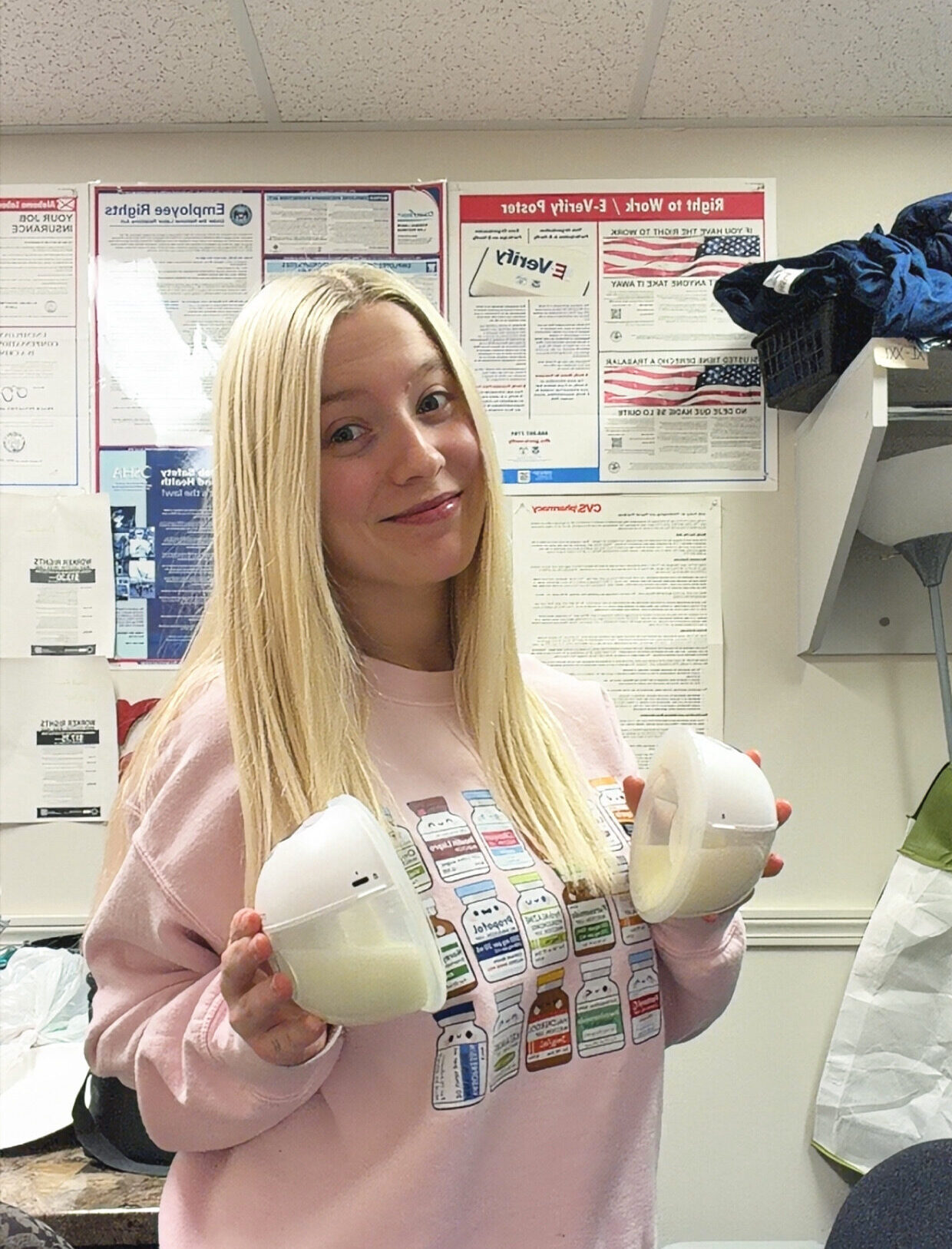Have you ever heard the saying ‘you are what you eat?’ well, this is partially true. Us Nutritionists prefer ‘you are what you eat, digest and excrete’ but that doesn’t sound quite as sexy does it?
Why am I opening with this you might be asking yourself; hear me out. The third Monday in January has been coined ‘Blue Monday’ or the most depressing day of the year.1 Allegedly it’s the day when the joy from the holiday season has evaporated, we are coming to terms with the financial pressures of Christmas and the weather is almost always grey and cold. Pretty depressing, right?
It’s not all doom and gloom though, what we eat can hugely impact how we feel, especially when breastfeeding. January is a great time to have a look at some easy ways you can make yourself feel better with food and it doesn’t have to involve calorie counting or a diet book in sight.
What we eat can hugely impact how we feel, especially when breastfeeding.
The gut and mood link
Before we delve into the specific foods we can use to support our mood it’s helpful to cover some basic biology. Scientists have found a clear link between the gut and brain ‘the gut brain axis’ and that it’s a two way channel of communication.2 This means that signals travelling between our gut and brain can influence everything from how we feel, to how many hormones we produce, even down to how well our immune system functions3. Have you ever felt butterflies in your stomach when you’re nervous? That’s the gut-brain connection in action.
One of the most fascinating things about our brain chemistry is that the hormones responsible for our good moods (serotonin and dopamine – called neurotransmitters) are mostly manufactured in your gut! So if we produce 80%+ serotonin and at least 50% of our dopamine in our gut and not our brain4 it’s really important that we feed ourselves the right foods to support a healthy supply of these. Often sub-optimal levels are implicit in low mood with postpartum depression being one of the common postnatal mental health concerns.5

Foods to improve your mood
For top neurotransmitter production and function our body needs a variety of different vitamins and minerals, which is why having a varied and balanced diet is important. Of particular significance though is an amino acid called tryptophan (amino acids are the building blocks of proteins) and B vitamins, which help the body to process and use the hormones we create.
The following foods are great sources of these and are easy to include in your every day diet:
- Bananas
- Dark green leafy vegetables such as spinach and kale
- Oats
- Turkey
- Salmon
- Eggs (especially the yolks)
- Chocolate – yes, really! But think about quality over quantity. A bar with 70% cocoa and above is what we’re aiming for.
As an added bonus they are all breastfeeding friendly and oats, salmon, turkey and eggs can help with breast milk supply.
Remember to stay hydrated
Lastly, I couldn’t leave you without touching on how important it is to stay hydrated when breastfeeding. Drinking sufficient water can help prevent tiredness and low moods but is also important more generally for plentiful breast milk production. As a rule of thumb try checking that your pee is a light yellow/ straw colour when you go to the loo. This is a good indicator that you’re drinking enough, anything darker than this and you’re likely dehydrated.
Drinking sufficient water can help prevent tiredness and low moods but is also important more generally for plentiful breastmilk production.
Although the best diet for overall health is one that includes plenty of rainbow coloured fruits and vegetables, adequate protein and some healthy fats, by adding in a few targeted foods we can do lots to support out moods and breastfeeding supply at the same time.
Breastfeeding can be a boost to your mental health
We know the numerous benefits of breastfeeding to both mum and baby6 but as we are focussing on mood, did you know that the breastfeeding hormones oxytocin and prolactin have a soothing and stress-relieving effect? By breastfeeding you’re already giving your mental health a helping hand which can be amplified by diet, whether on Blue Monday or any time of the year.
*Disclaimer: the information contained in this article is for general purposes only and should not be taken as medical advice or personalised nutrition. Please consult a GP or other medical practitioner for specific health concerns.
References
1. https://www.daysoftheyear.com/days/blue-monday/
2. Carabotti, et. al (2015) ‘The gut-brain axis: interactions between enteric microbiota, central and enteric nervous systems’ Annals of Gastroenterology, 28(2): 203–209
3. Arneth, B.M. (2018) ‘Gut–brain axis biochemical signalling from the gastrointestinal tract to the central nervous system: gut dysbiosis and altered brain function’ Postgraduate Medical Journal, 94: 446-452.
4. Galland, L. (2014) ‘The Gut Microbiome and the Brain’ Journal of Medicinal Food, 17(12): 1261–1272.
5. Fredricks, R (n.d.) https://www.mentalhelp.net/blogs/postpartum-depression-neurotransmitters-and-nutrition/
6 NHS (2020) Benefits of breastfeeding: https://www.nhs.uk/conditions/baby/breastfeeding-and-bottle-feeding/breastfeeding/benefits/



















